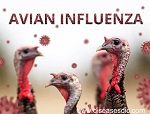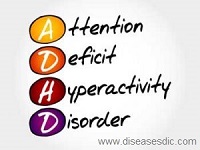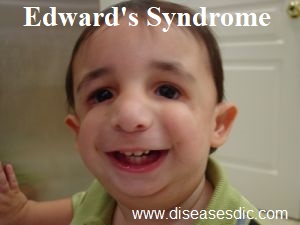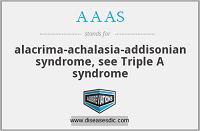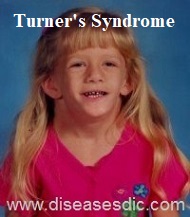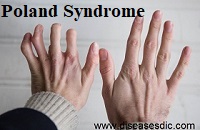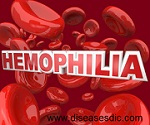Definition Avian influenza is also called as Bird flu. Avian influenza refers to the disease caused by infection with avian (bird) influenza (flu) Type A viruses. These viruses occur naturally among wild aquatic birds worldwide and can infect domestic poultry and other bird and animal species. Avian flu viruses do …
Read More »ADHD – Definition, Symptoms, Treatment, and Prevention.
Introduction ADHD (Attention Deficit Hyperactivity Disorder) is a brain disorder marked by an ongoing pattern of inattention and/or hyperactivity-impulsivity that interferes with functioning or development. ADHD has three sub-types Predominantly hyperactive-impulsive Most symptoms (six or more) are in the hyperactivity-impulsivity categories. Fewer than six symptoms of inattention are present, although …
Read More »Cushing’s Syndrome – Symptoms, Treatment and Prognosis.
Definition Cushing’s syndrome is a debilitating endocrine disorder characterized by excessive cortisol levels in the blood which may be the result of a tumor of the pituitary gland, adrenal glands (located above the kidneys) or from tumors or cancer arising elsewhere in the body (ectopic ACTH producing tumors). Cushings disease …
Read More »Edward’s Syndrome – Definition, Manifestations, and Treatment.
Edward’s Syndrome – Definition Edward’s Syndrome is also known as Trisomy 18 (T18) or Trisomy E. It is a genetic disorder caused by the presence of all or part of an extra 18th chromosome. The majority of people with the syndrome die during the fetal stage; infants who survive experience …
Read More »AAA Syndrome: Causes, Symptoms and complications.
Introduction AAA syndrome is a rare autosomal recessive disorder characterized by adrenocorticotropic hormone (ACTH)-resistant adrenal insufficiency, alacrima and achalasia. Primary adrenal insufficiency or also known as Addison disease, is caused by abnormal function of the small hormone-producing glands on top of each kidney (adrenal glands). The main features of Addison …
Read More »Turner Syndrome – Symptoms, Risk Factors and Treatment.
Definition Turner syndrome is a chromosomal condition that alters development in females. Women with this condition tend to be shorter than average and are usually unable to conceive a child (infertile) because of an absence of ovarian function. Other features of this condition that can vary among women who have …
Read More »Poland syndrome: definition, symptoms and risk factors
Definition Poland syndrome is a disorder in which affected individuals are born with missing or underdeveloped muscles on one side of the body, resulting in abnormalities that can affect the chest, shoulder, arm, and hand. The extent and severity of the abnormalities vary among affected individuals. History It was …
Read More »Hemophilia – Causes, Complications and Prevention.
Definition Hemophilia is an inherited bleeding disorder in which a person lacks or has low levels of certain proteins called “clotting factors” and the blood doesn’t clot properly as a result. This leads to excessive bleeding. Bleeding disorders are due to defects in the blood vessels, the coagulation mechanism, or …
Read More » Diseases Treatments Dictionary This is complete solution to read all diseases treatments Which covers Prevention, Causes, Symptoms, Medical Terms, Drugs, Prescription, Natural Remedies with cures and Treatments. Most of the common diseases were listed in names, split with categories.
Diseases Treatments Dictionary This is complete solution to read all diseases treatments Which covers Prevention, Causes, Symptoms, Medical Terms, Drugs, Prescription, Natural Remedies with cures and Treatments. Most of the common diseases were listed in names, split with categories.
